Esports have become a billion-dollar industry, growing significantly in the last five years. Many global brands, including Red Bull, OnePlus, Intel, Dell, Acer, as well as major video game publishers, have been investing heavily to put on huge competitions and associate their brands with them.
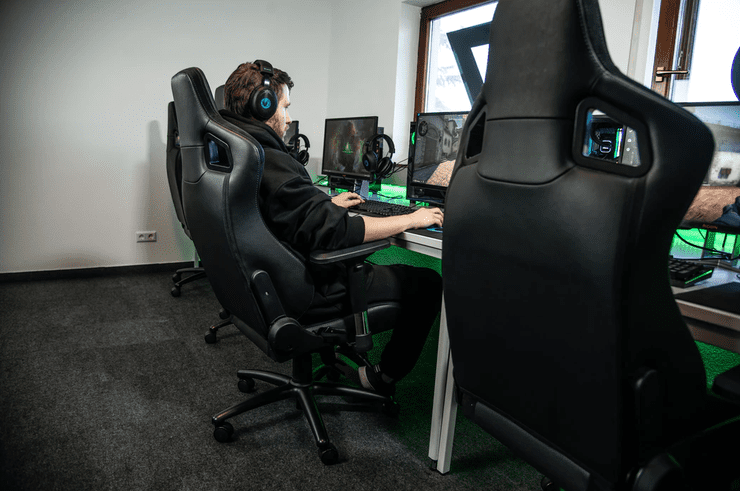
Around half a billion people now watch esports competitions via online streaming services like Twitch, YouTube, and Facebook, as well as live at arenas and stadiums.
Yet, there is a lot of debate over whether a person who competes in esports competitions can be considered an athlete, even though there is a very good case for why they should.
Definition of an Athlete
The Cambridge Dictionary describes an athlete as someone who is “very good at sports…(particularly if they) compete in organized events”.
Wikipedia defines an athlete as someone who “competes in...sports that involve physical strength, speed or endurance”. It also goes on to add that there is controversy in applying the term to golfers and drivers that compete in motorsports, showing that it’s not only esports gamers who have this problem.
Looking at these definitions, we can see that at least part of it applies to someone who competes in professional esports events. They are, by the nature of the level that they play at, “very good” at their chosen game and “compete in organized events”.
While players may not need to be physically strong to compete in esports, they do need to be mentally fast, have great physical dexterity, and have the endurance to play for long periods of time.
Esports players clearly meet these definitions. There are also other aspects of esports that share similarities with other types of competition.
Strategic Thinking
Successful athletes have to think strategically. A snooker player who doesn't think about the position of the white ball after his next shot is bound to get caught out by snookering himself.
The Indian cricketing legend, MS Dhoni is famed for being able to think clearly when under pressure, something that helped to achieve one of the lowest failure rates in all of Test Match history. It’s also earned him the moniker of “Captain Cool”.
After retiring from the Indian National Team, Dhoni became an ambassador for PokerStars. While playing poker online, Dhoni's ability to work under pressure allows him to make quick decisions and think strategically about his hand. This cool-headedness is vital in poker, as players can often let their emotions get the best of them, resulting in them calling or raising when they should have folded. Dhoni offers a great example of how an athletes skillset can be easily transferred from a physical sport to a mental game.
The same applies to esports. When getting stuck into brand new maps on the first-person shooter game like Call of Duty, a gamer must consider whether it's more important to attack a new base or defend one that their team has already secured.
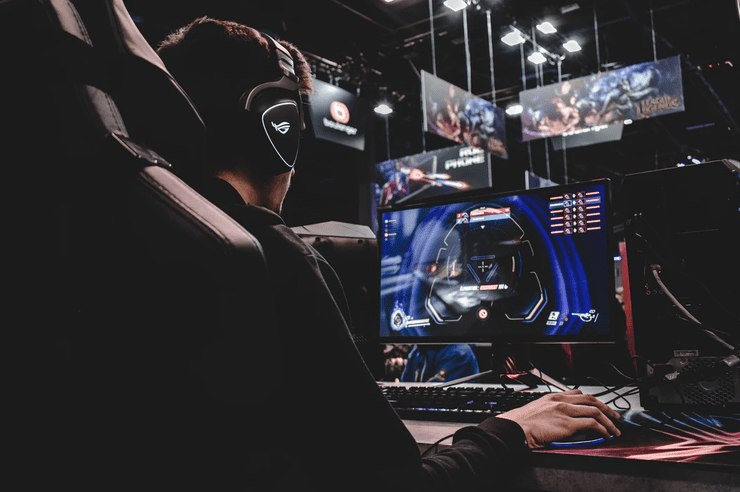
Fast Reactions
Athletes of many disciplines require fast reaction times. Footballers must be able to spot the direction the ball is traveling and respond accordingly, Formula 1 drivers must watch the lights at the start and accelerate the moment they go out, and tennis players have fractions of a second to position themselves to return the ball to their opponent.
Esports are no different. Players will need to make split-second decisions to shoot in what could be a virtual life or death situation. They must execute their strategy to perfection in the moment, often under pressure.
Hand-Eye Coordination
Cricketers, baseball players, and tennis players all need excellent hand-eye coordination to ensure they get a good hit on the ball each time they swing. Making poor contact, or missing a swing altogether, will result in a poor result or even a lost game.
In esports, hand-eye coordination is crucial. Players must be able to move the sticks on their controllers or their mouse the exact right amount to get their character into position. Good hand-eye coordination while playing games like CS:GO or Call of Duty will mean better aim and fewer mistakes while running around the map.
Are Esports Pros Athletes?
Looking objectively, esports professionals can clearly be defined as athletes. Using the definition that describes an athlete as someone who uses speed and endurance to compete in organized events, esports gamers tick all the boxes.
Of course, some people will argue that they’re not real athletes because they are not physically exerting themselves like a runner or a basketballer, but that is more just a matter of opinion than an objective measure. Professional gamers are operating on the highest level of mental and sometimes physical exertion.
>>> Visit our Esports category to catch latest updates on Esports scene in the world.
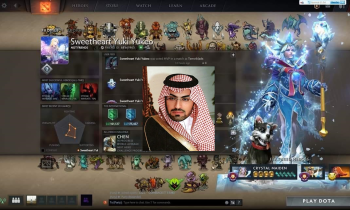

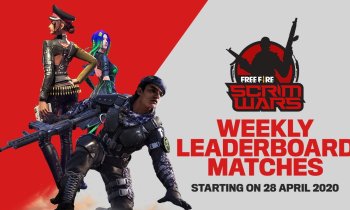

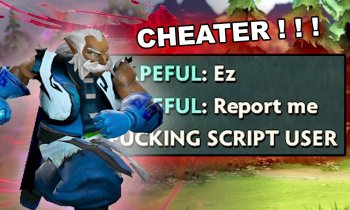





Comments